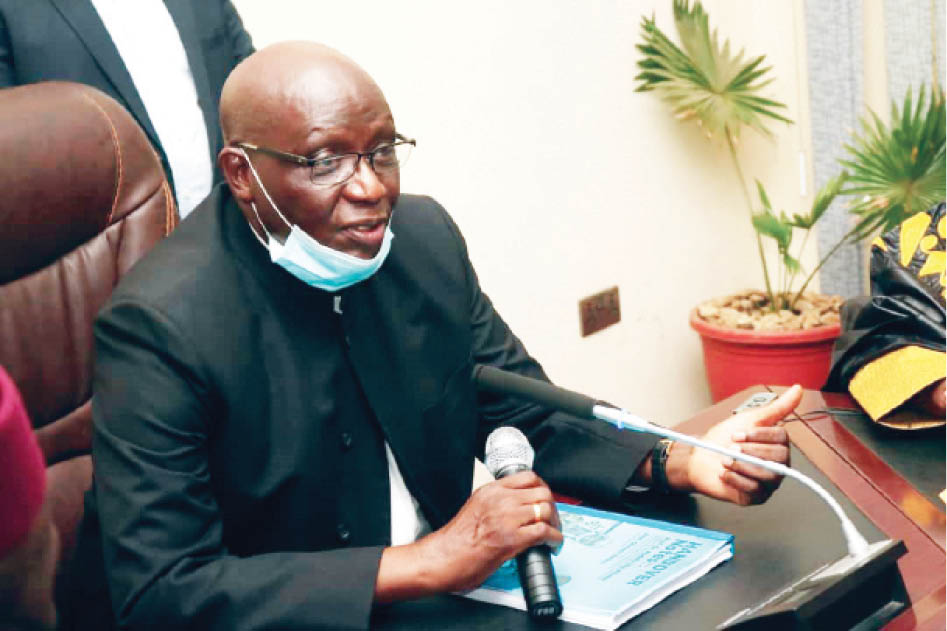I’ll make NOUN acceptable to all states in Nigeria — Prof Peters
Prof Olufemi Peters is the new Vice Chancellor of the National Open University of Nigeria (NOUN). In this interview, he spoke on his plans to move the university forward by building on his predecessor’s legacies. As you take over as new VC, what are your plans for the institution? Incidentally, during our selection process for […]

Prof Olufemi Peters is the new Vice Chancellor of the National Open University of Nigeria (NOUN)
Prof Olufemi Peters is the new Vice Chancellor of the National Open University of Nigeria (NOUN). In this interview, he spoke on his plans to move the university forward by building on his predecessor’s legacies.
As you take over as new VC, what are your plans for the institution?
Incidentally, during our selection process for the position, we were asked to talk about our plans for the university as vice chancellors to be, and there were quite a number of programmes that I unveiled. One of them is to make this university acceptable to all states of Nigeria without any hindrance irrespective of where they are. The second is to ensure that whatever is hindering the students from studying is ameliorated. The third is to improve the ease of receiving lectures/instructions for students; at their convenience.
So basically, students are our primary focus and we are ready to do anything to increase their enrolment in a qualitative manner, such that our graduates, either as undergraduates or postgraduates, are among those who are sought after in the global market.
Nigerian varsities are said to be backward in the area of e-learning. For an open university that relies on lecture delivery online, what is your position on this type of lecture delivery approach?
If you check our name, the word “Open” you have in it is about how open the university is meant to be different groups of people that you can bring in to study. The open also means providing for that wide range of students which also means providing them with instructional materials that cater for them. E-learning is just one of them. Some who are in the remote villages may not have access to e-learning but they still need to be educated. We still have to use traditional methods of sending our course materials in different formats, whether they want it as a book, or on CD. That is what the ‘open’ is about. It is about openness in approach and openness in catering for a wide range of study and students.
On legacies left by your predecessor, how do you intend building on them?
My predecessor has not only done well, he has performed beyond expectations. He has bequeathed legacies that have to be continued, if there are opportunities. In terms of infrastructure, there are important academic centres he has created which are flourishing, we cannot but continue to support such centres.
In the area of examination conduct which has always been our headache, he has tried to stabilize it. A university that does not have a stable manner of examination and release of results is not a university. There are very nice things he has done which I only need to tinker here and there to move things further.
Do you agree with the claim in some quarters that your graduates are half-baked?
That is not true. If someone studies alone, and someone is being thought, the person who studied alone knows more about the subject than someone being taught. What that means is that the person who studied alone has engaged in self-learning. And for that person to have attained that level of scholarship, you will agree with me that such a person is better by far.
What we have is a societal perception that since the students are not receiving instructions through the traditional way of receiving instruction, they are therefore not to be reckoned with. That’s not true. E-learning has now even brought it to the fore that you can actually be educated without being within the traditional teacher-to-student space.
